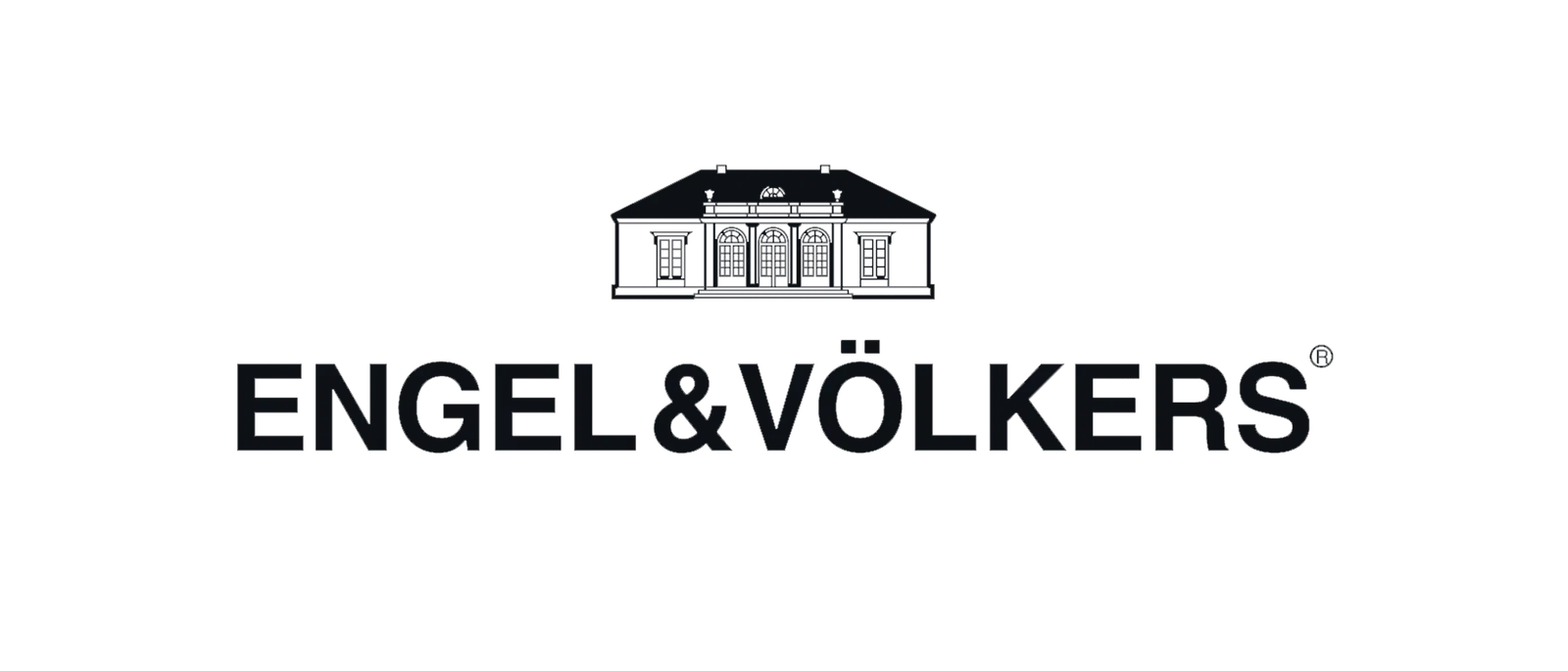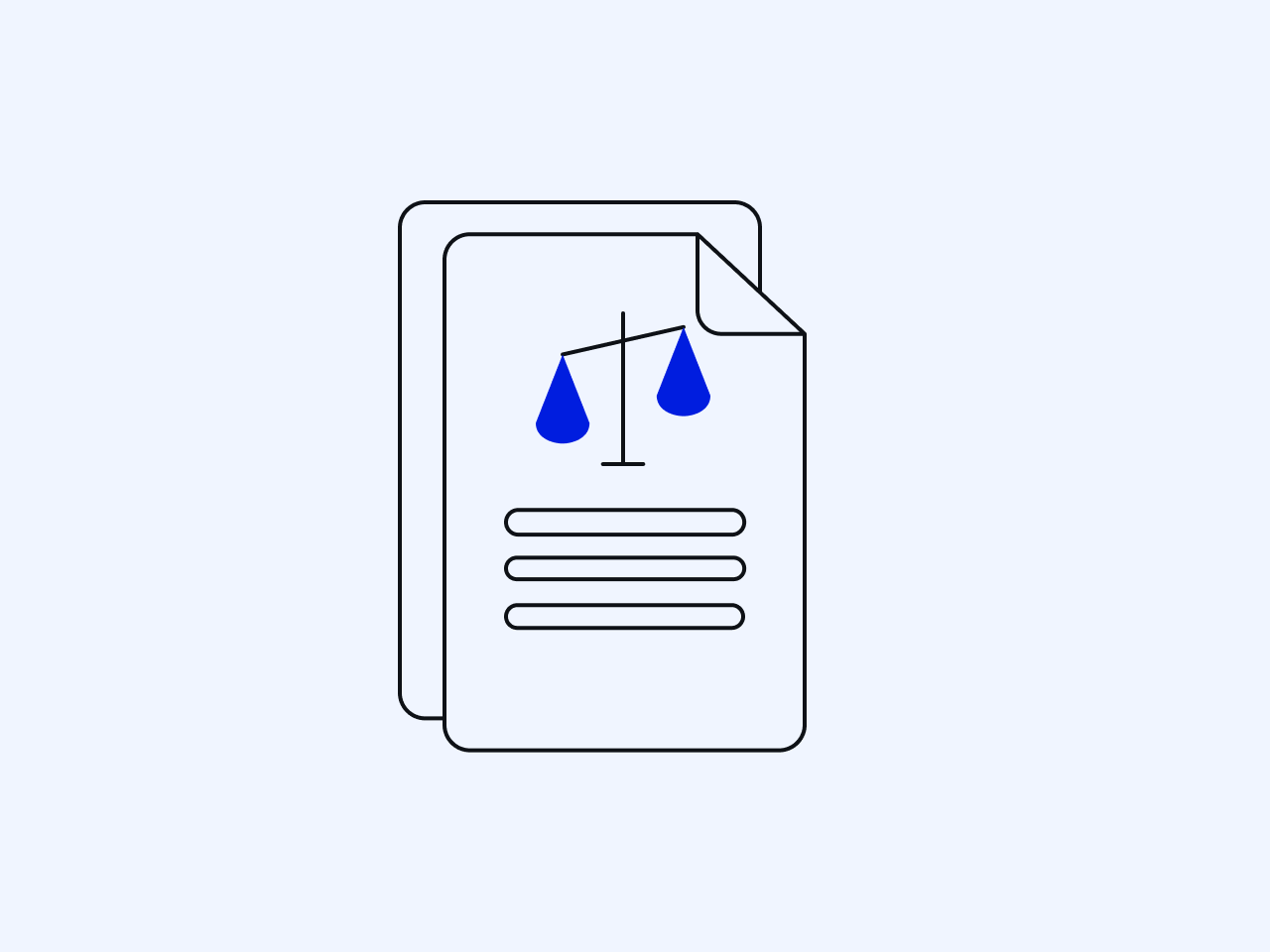Certified translations.
Do you need to have official documents such as certificates, birth certificates or marriage certificates translated? Order your certified translation from us - with stamp, signature and certification. Select your desired translation and order online in just a few steps.
✔ Officially recognized
✔ sworn translators
✔ Express possible
Want to find out more about certified translations? You can find all the information you need on this page.
Choose yours ervice, select your source and target language and add any other options. After completing your order you can upload your document as a scan, photo or other data file in your account.
Once your certified translation is finished, you will receive a notification asking you to approve the translation. After your approval we will ship your certified translation to you.
Information on certified translations
A certified translation applies to official documents such as birth certificates or driving licenses. Once certified by a sworn translator, the translation itself also becomes an official document. Sworn translators confirm the accuracy and completeness of the translation by signing, stamping and adding their certification statement to the final document.
At lingoking, we ensure that all translations are carried out by sworn translators who adhere to the European quality standards of DIN EN ISO 17100.
Official authorities require certified translations to ensure that the translated document is an accurate and complete representation of the original.
Certified translations of documents can be particularly relevant for cross-border activities, such as immigration, emigration or studying abroad. In many countries, there are specific legal requirements about which translated documents need a certification.
A certified translation is a translated document with a signed attestation clause from the translator or translation agency confirming the accuracy and completeness of the translation, bearing an official stamp or seal. It serves as a legal or official record, attesting to the authenticity of the translation for various official or administrative purposes.

Certified translations are often required for official or legal purposes, such as immigration applications, court proceedings, or academic admissions, so it's essential that the translation meets the specific requirements and standards of the relevant authorities or institutions.

The translated document must be accompanied by a certification statement signed by the translator or a representative of the translation agency, affirming the accuracy and completeness of the translation and attesting to the translator's qualifications.

A certified translation typically bears an official stamp or seal from the translator or translation agency, further validating its authenticity and suitability for official or legal use.

There are a large number of documents that need to be certified translated if they are to be submitted to the authorities. The translation must accurately reflect the content of the original document and ensure that all information, including text, illustrations and formatting, is faithfully reproduced in the target language.

Certified translations may only be created by translators sworn in at court for their working language(s).
We deliver certified translations after three to five business days as standard. If you need it faster, you can also book our express delivery service and receive your certified translation within two to three business days.
Certified translations that need to be submitted in Germany can only be processed by a translator sworn in Germany.
Different regulations apply depending on the state in which the translation is required. Please check what the necessary requirements for this translation are with the competent authority in advance.
If you order a certified translation from lingoking, please state the country in which this document is required! We need this information so that a suitable translator can take on the job.
Note: If you have to submit the translation to the consulate, make sure you specify whether the translation needs to be done explicitly by a translator who is registered at the consulate. The consulate will be happy to give you more information on this.
The price of a certified translation depends on the type and scope of the document. On average, a certified translation of a document costs between 40 and 80 euros.
Calculate the cost of your certified translation with our handy price calculator!
Which occasions call for a certified translation?

Birth certificates, marriage certificates, death certificates, etc.

A-level certificates, employer's references, diplomas or bachelor's/master's degrees, etc.

Driver's licences, certificate of inheritance, tax return, etc.





We insist on the highest quality!
The excellent quality of our translations is our top priority. Especially when it comes to official documents an accurate and error-free translation is crucial. Our sworn translators translate your documents with the greatest precision and meticulousness and then certify these. This certification officially confirms the correctness of the translation. Since you approve the translation yourself, you can first assure yourself of its quality.

Use our quick and easy chat feature in the left bottom corner or
find answers to frequently asked questions in our FAQ section.
FAQs: Certified Translations
According to the Federal Foreign Office, German documents are often only recognised by the official authorities of another state if their authenticity or probative value has been established in a dedicated procedure. Depending on the country, this can be done either by an apostille or the applicable legalisation.
You need an apostille if the country in which you wish to present your documents is a party to the Hague Convention abolishing the requirement of legalisation for foreign public documents of 15 October 1961.
You need legalisation if the country in which you wish to present your documents is not a party to the Hague Convention abolishing the requirement of legalisation for foreign public documents of 15 October 1961.
Find more information about the difference of certification, legalisation and apostille here.








